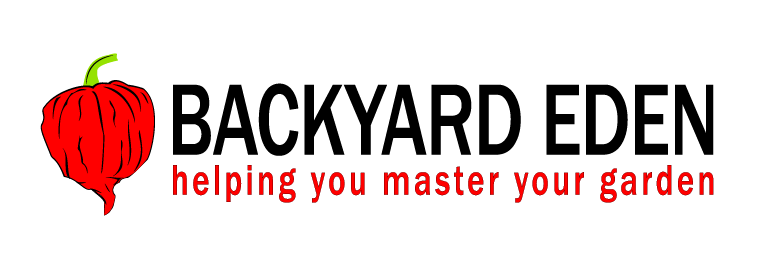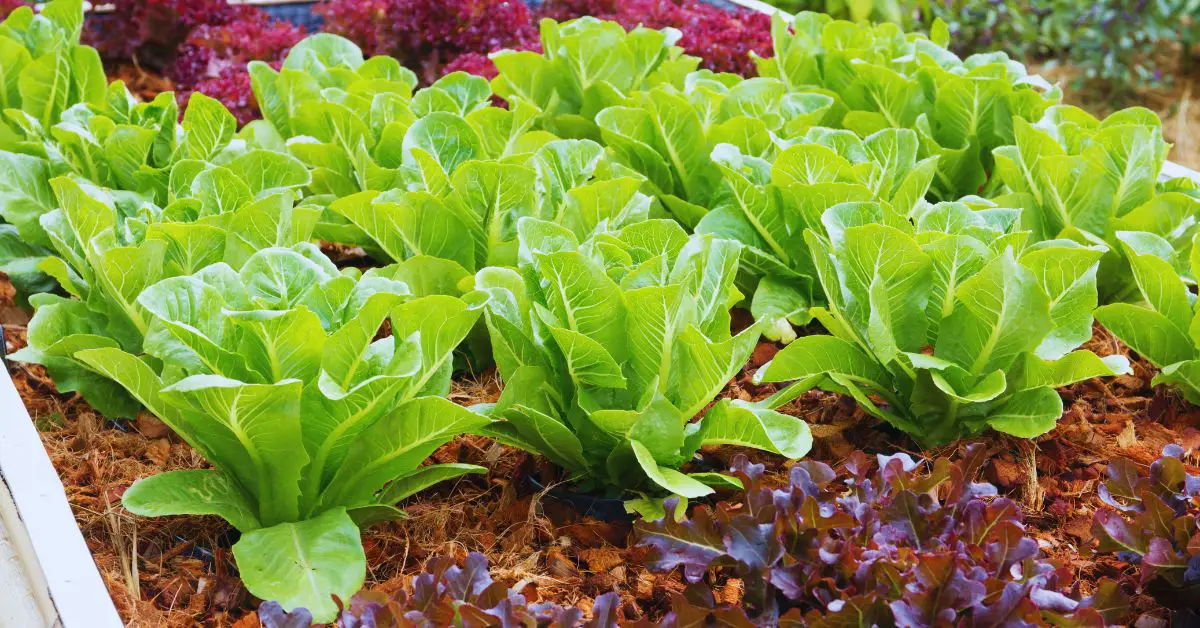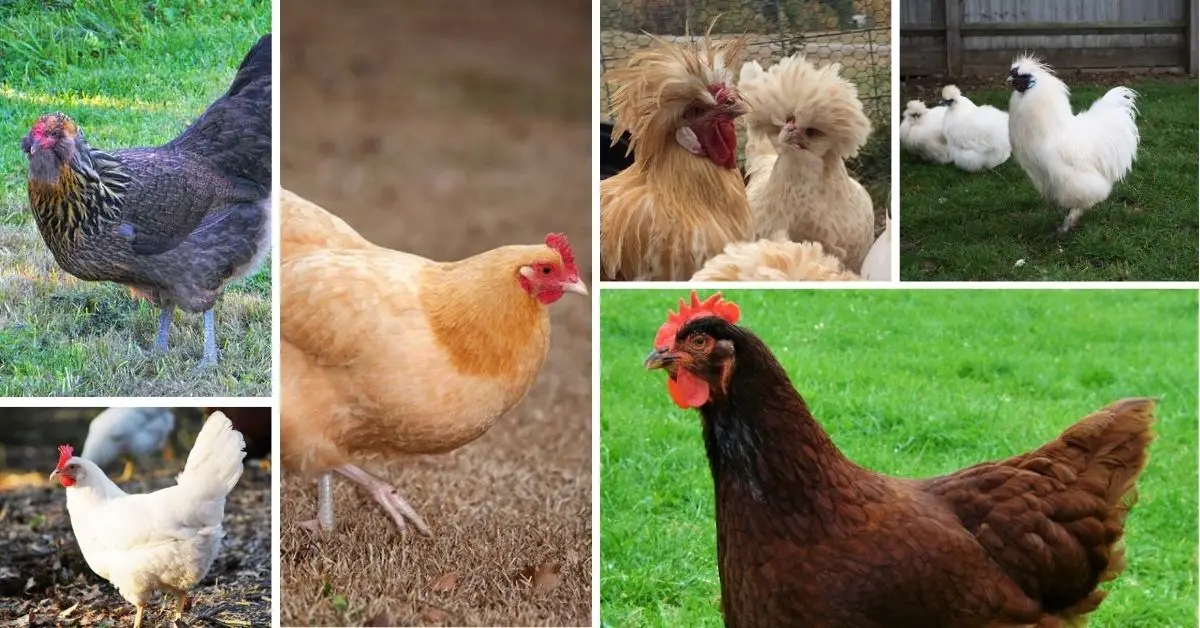Do Hummingbirds Prefer Nectar or Sugar Water? Hummingbirds prefer nectar from flowers because it is what they are used to in the wild. This doesn’t mean that Hummingbirds won’t drink sugar water from a feeder if it is available.
You may be curious about why hummingbirds choose one over the other, or perhaps you want to attract more of these delightful birds to your backyard. We will also discuss the availability and accessibility of nectar, as well as the benefits and potential drawbacks of using sugar water as an alternative.
So, if you’re looking to create a welcoming environment for hummingbirds and satisfy your curiosity, keep reading to discover the best practices for attracting these beautiful creatures.
Key Takeaways
- Hummingbirds prefer natural nectar sources over sugar water.
- Nectar provides a balanced and nutritious diet for hummingbirds.
- Sugar water can serve as a supplemental food source but lacks essential nutrients.
- The availability and accessibility of nectar are influenced by factors like climate and habitat fragmentation.
Do Hummingbirds Prefer Nectar or Sugar Water?
You may be wondering whether hummingbirds prefer nectar or sugar water. Understanding hummingbird feeding habits and their preference for natural nectar sources is crucial in attracting these beautiful creatures to your garden.
Hummingbirds have evolved to feed on the nectar produced by various flowering plants, which is their primary source of energy. The nectar is rich in sugars, providing the necessary fuel for their high metabolic rate.
While hummingbirds can also consume sugar water from feeders, it’s important to note that natural nectar sources offer a more balanced and nutritious diet. These sources not only provide sugars but also contain essential nutrients, including amino acids and vitamins, which are vital for their overall health and well-being.
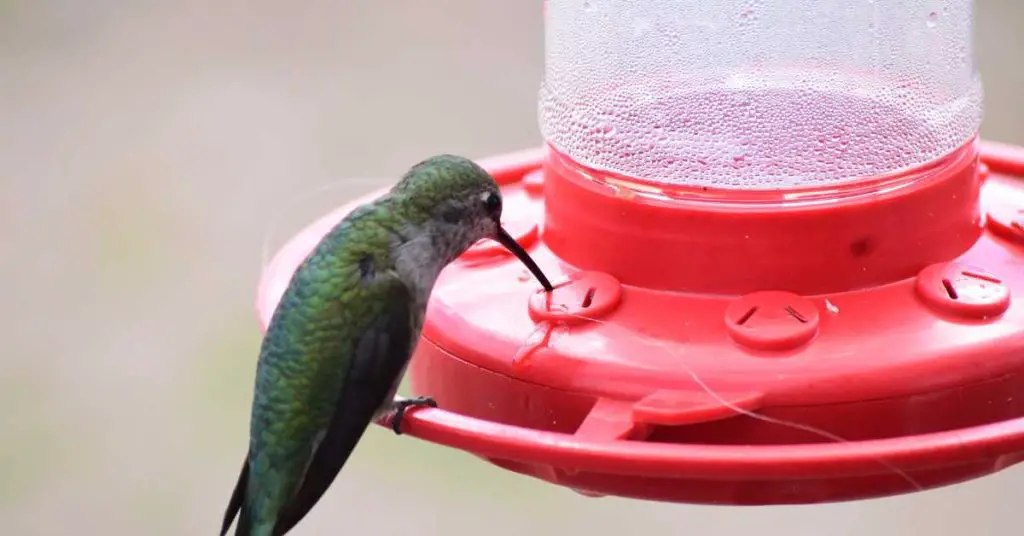
Nutritional Content: Nectar Vs. Sugar Water
To compare the nutritional content of nectar and sugar water, it’s important to consider the specific benefits each option offers to hummingbirds.
Nectar, which is the natural food source for hummingbirds, contains essential nutrients such as carbohydrates, amino acids, vitamins, and minerals. These nutrients play a crucial role in providing energy, supporting growth, and maintaining overall health in hummingbirds.
On the other hand, sugar water, while lacking the natural complexity of nectar, can still provide a quick source of energy due to its high sugar content. However, sugar water lacks the nutritional diversity and complexity found in nectar, which may have an impact on hummingbird health in the long term.
Therefore, it’s recommended to provide hummingbirds with nectar whenever possible to ensure they receive the necessary nutrients for their well-being.
Availability and Accessibility of Nectar
Hummingbirds can easily find and access nectar, making it a readily available food source for them. The availability and accessibility of nectar are influenced by various factors, including seasonal variations and habitat loss.
Seasonal variations in nectar availability:
- Nectar production is highest during the spring and summer months when flowers are in full bloom.
- In colder climates, nectar availability may decrease during the winter when fewer flowers are in bloom.
- The availability of nectar-rich flowers can vary depending on the region and local climate.
Impact of habitat loss on nectar accessibility:
- Deforestation and urbanization can lead to the destruction of hummingbird habitats, reducing the availability of nectar-producing plants.
- Loss of natural habitats can limit the range of hummingbirds, making it more difficult for them to access nectar.
- Fragmentation of habitats can disrupt the distribution of nectar-rich flowers, further affecting nectar accessibility for hummingbirds.
Understanding the availability and accessibility of nectar is crucial for conservation efforts aimed at preserving hummingbird populations and their vital role as pollinators.
Is Sugar Water or Nectar Better for Hummingbirds?
Sugar water is a popular and convenient substitute for natural nectar for feeding hummingbirds, but it’s important to note that it doesn’t completely replicate the nutritional value of natural nectar found in flowers.
Natural nectar contains not only sugar but also amino acids, minerals, and other trace nutrients that are beneficial to hummingbirds. While sugar water is a good energy source, it lacks these additional nutrients.
Therefore, while sugar water is acceptable, it’s beneficial to ensure hummingbirds also have access to natural nectar sources from flowers to maintain a balanced diet.
What is the Safest Food That You Can Provide for Hummingbirds?
The best choice is to cultivate a garden of plants that will provide a natural
The safest food for hummingbirds is a simple sugar water solution, consisting of one part white granulated sugar to four parts water. This mixture closely mimics the concentration of sugar in natural nectar.
It’s crucial to avoid using honey, brown sugar, or any artificial sweeteners, as these can be harmful to hummingbirds. Providing natural nectar sources through planting nectar-rich flowers is also safe and beneficial for these birds.

Benefits of Using Sugar Water
Using sugar water as a supplemental food source offers several benefits for hummingbirds.
One of the main advantages is the benefits of hydration it provides. Sugar water is a great source of energy and fluid for these tiny birds, helping to keep them hydrated in their fast-paced lives.
Hummingbirds have high metabolic rates and require a significant amount of energy to sustain their rapid wingbeats. Sugar water provides them with the necessary calories to fuel their activities.
Additionally, sugar water is easily digestible, allowing hummingbirds to quickly absorb the nutrients and maintain their health.
Potential Drawbacks of Using Sugar Water
One drawback of relying on sugar water as a supplemental food source for hummingbirds is the potential for dependence. Hummingbirds may become accustomed to the easy availability and high sugar content of the sugar water, leading to a decreased interest in seeking out natural food sources. This can have several potential health risks and negative impacts on their overall well-being.
Potential health risks:
Imbalance of nutrients: Sugar water lacks the essential nutrients present in natural nectar, leading to a potential deficiency in vital vitamins and minerals.
Impact on natural food sources:
Reduced pollination: If hummingbirds rely heavily on sugar water, they may visit fewer flowers, resulting in reduced pollination and potential disruption to the ecosystem.
Decreased plant diversity: Hummingbirds play a crucial role in plant reproduction by transferring pollen between flowers. If they prefer sugar water over nectar, certain plant species may suffer reduced pollination, negatively impacting plant diversity in the long run.
Altered migration patterns: Dependence on sugar water can disrupt the natural migration patterns of hummingbirds, as they may delay or forgo their usual migration in search of a readily available food source.
It is essential to consider these potential drawbacks when deciding to use sugar water as a supplemental food source for hummingbirds.
Best Practices for Attracting Hummingbirds
To attract hummingbirds, you can create a welcoming environment by implementing these best practices.
Creating a hummingbird-friendly garden is essential for attracting these beautiful creatures. Start by choosing native plants that produce nectar-rich flowers. Hummingbirds are particularly attracted to bright red, orange, and pink flowers, so select varieties like bee balm, cardinal flower, and trumpet vine.
It’s important to have a variety of flower shapes and sizes to accommodate different hummingbird species. Additionally, provide a water source such as a shallow birdbath or a misting sprinkler to help these tiny birds stay hydrated.
Hang hummingbird feeders filled with homemade nectar made from four parts water to one part table sugar. Place feeders in a quiet, shady area to minimize disturbance.
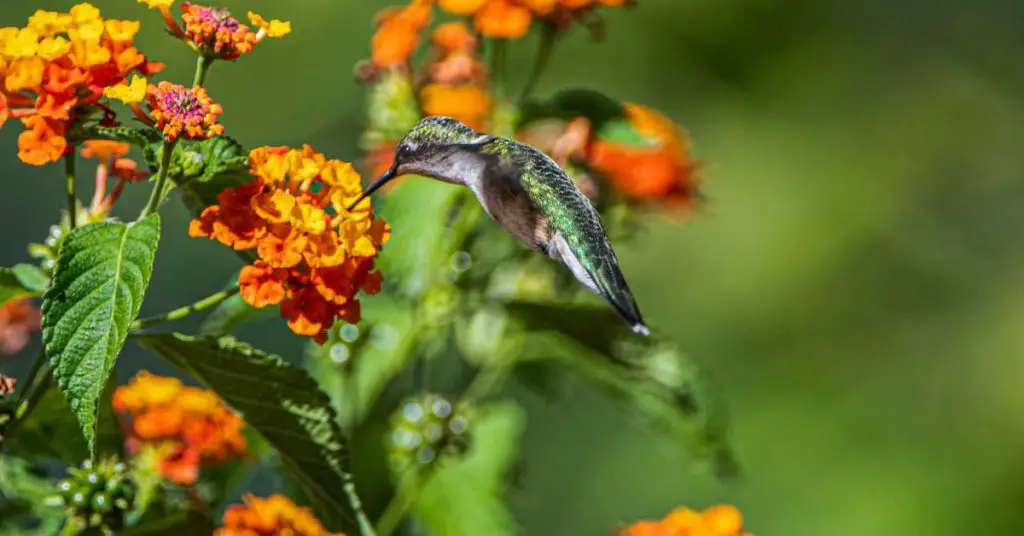
Frequently Asked Questions
Can Hummingbirds Survive Solely on Sugar Water?
You may be wondering if hummingbirds can survive solely on sugar water. While they do consume sugar water, it is not enough to sustain them long-term. Hummingbirds require a diverse diet that includes nectar and insects for optimal health and survival.
How Does the Nutritional Content of Nectar Compare to That of Sugar Water?
Nectar provides essential nutritional benefits for hummingbirds, including carbohydrates, amino acids, vitamins, and minerals. Sugar water, while it can supplement their diet, lacks these natural components and may impact their feeding behavior.
Are There Specific Types of Flowers That Produce Nectar Preferred by Hummingbirds?
Flower preferences play a crucial role in hummingbirds’ nectar consumption. They are attracted to specific types of flowers due to the composition of nectar, which contains essential nutrients necessary for their survival and energy needs.
Can Using Sugar Water Harm or Affect the Health of Hummingbirds?
Using sugar water as a substitute for nectar can have negative effects on hummingbird metabolism and potentially harm their long-term health. It is important to consider the potential consequences of relying solely on sugar water for their nutrition.
Can Hummingbirds Become Dependent on Sugar Water and Stop Seeking Natural Nectar Sources?
Hummingbirds can become dependent on sugar water, leading to a sugar water addiction. This can have a negative impact on the ecosystem as they may stop seeking natural nectar sources, disrupting pollination.
Can You Put Too Much Sugar in a Hummingbird Feeder?
Yes, adding too much sugar to a hummingbird feeder can be harmful. The recommended ratio is one part white granulated sugar to four parts water.
This ratio approximates the sugar concentration found in most flowers’ nectar and is easily digestible for hummingbirds.
Overly concentrated sugar solutions can lead to health issues for hummingbirds, such as liver and kidney damage, and can also lead to dehydration, especially in hot weather.
How Long is Hummingbird Food Good For?
Homemade sugar water for hummingbirds typically remains fresh for 2-3 days in cooler weather, but it should be replaced every day during hot weather to prevent fermentation and mold growth. The longevity of the food can be impacted by factors like temperature, sunlight, and feeder cleanliness. Regular cleaning and refilling of feeders are essential to prevent the growth of harmful bacteria and yeast.
Do I Have to Boil Sugar Water for Hummingbirds?
Boiling the water for hummingbird food is not strictly necessary but is recommended. Boiling helps to dissolve the sugar more effectively and ensures that the mixture is free from any potential contaminants, extending its freshness. Once boiled, the mixture should be cooled to room temperature before being placed in the feeder.
How Long Can Sugar Water Sit Out for Hummingbirds?
Sugar water should not sit out for more than a day or two, especially in warm weather. In high temperatures, sugar water can ferment or develop harmful bacteria and mold, which can be dangerous for hummingbirds. During hot days, it’s advisable to change the sugar water daily and clean the feeder to ensure the health and safety of the birds.
What is the Number One Predator of Hummingbirds?
The primary predators of hummingbirds are larger birds, particularly species like hawks and owls. In addition, domestic cats pose a significant threat to hummingbirds, especially in urban and suburban areas. Small mammals like squirrels or chipmunks may also prey on hummingbird eggs or young ones in the nest.
Where Not to Hang a Hummingbird Feeder?
When hanging a hummingbird feeder, avoid locations near windows to reduce the risk of birds flying into glass. Also, keep feeders away from areas where cats or other predators can easily reach them.
It’s also advisable to avoid areas with strong winds or direct sunlight, which can cause the sugar solution to spoil more quickly.
When Should You Not Feed Hummingbirds?
Generally, you should stop feeding hummingbirds when they naturally migrate from your area, which varies depending on geographic location. In some regions, this might be in the late fall, while in others, it might be unnecessary to stop at all.
It’s a myth that feeding them will prevent them from migrating; they’ll migrate based on instinct and environmental cues, not the presence of food sources. However, maintaining feeders during migration seasons can provide a vital energy source for them on their journey.
Conclusion
In conclusion, while hummingbirds are naturally attracted to nectar due to its nutritional value and availability in nature, they may also be enticed by sugar water as a convenient alternative.
However, it’s important to note that sugar water lacks the essential nutrients found in nectar, and long-term reliance on sugar water may have negative impacts on the hummingbirds’ health.
Therefore, it’s recommended to provide a combination of both nectar and sugar water to attract and support hummingbirds effectively.
